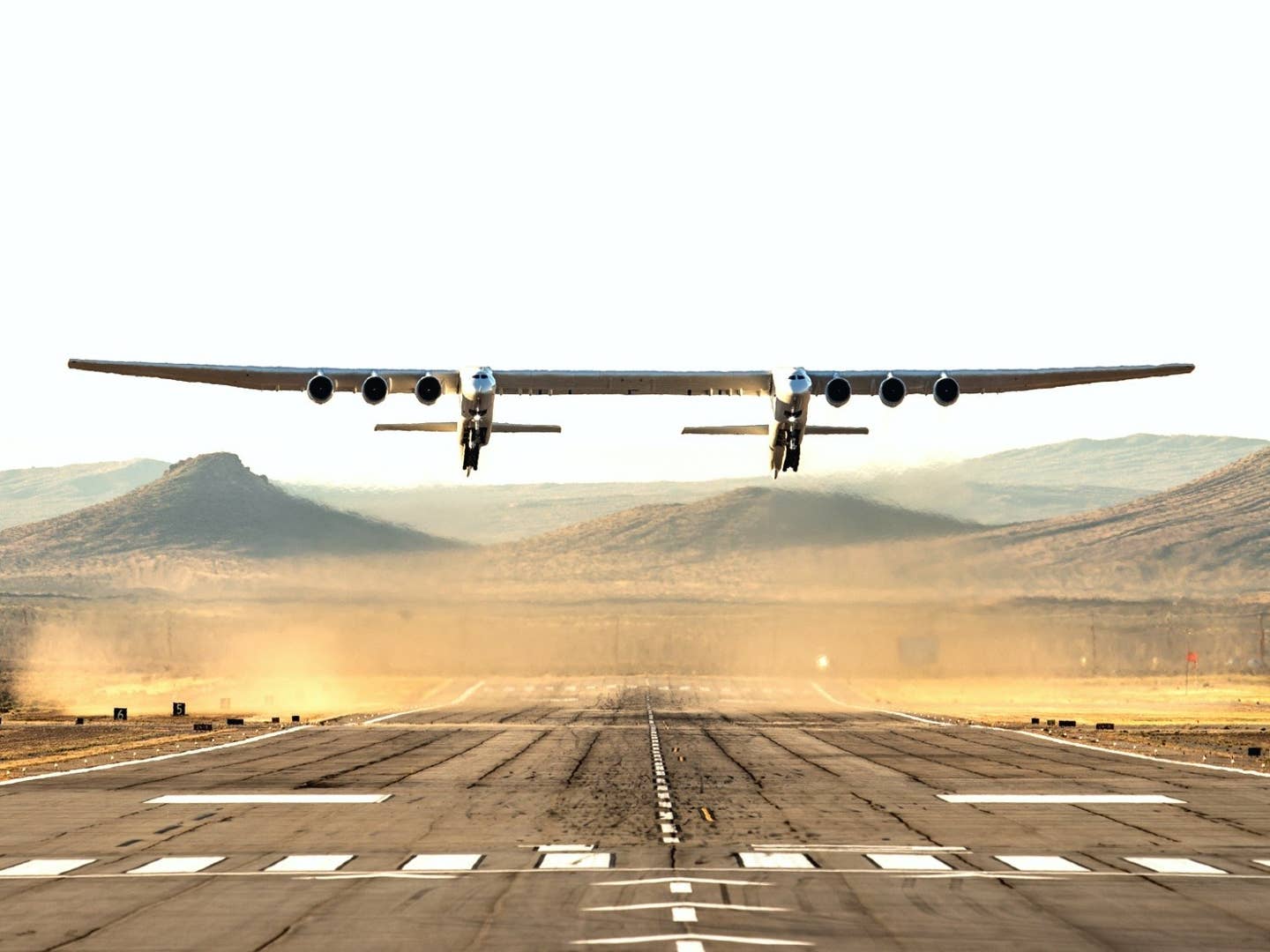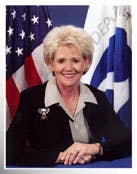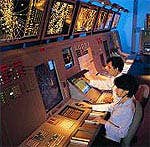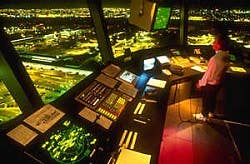NATCA Intensifies Push For Hiring…
With growing impatience, the National Air Traffic Controllers Association (NATCA) last week stepped up its call for more hiring, saying that it’s not only a matter of a looming shortage — many facilities already are understaffed. “We need action,” said NATCA spokesman Doug Church in a news release Thursday. “In most locations, we cannot afford to wait on staffing any longer.” Among the examples cited: Nashville Tower, authorized for 46 controllers, where 37 are certified and up to 14 controllers are expected to retire by the end of this year; Dayton Tower, where only 35 of 53 authorized controllers are certified; and Des Moines Tower, where only 24 of 34 authorized controllers are certified.
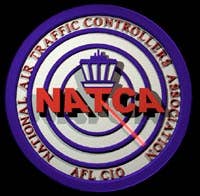
Shortage Is Already Here, Union Says...
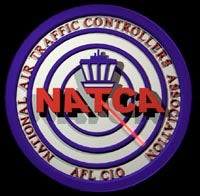 With growing impatience, the National Air Traffic Controllers Association (NATCA) last week stepped up its call for more hiring, saying that it's not only a matter of a looming shortage -- many facilities already are understaffed. "We need action," said NATCA spokesman Doug Church in a news release Thursday. "In most locations, we cannot afford to wait on staffing any longer." Among the examples cited: Nashville Tower, authorized for 46 controllers, where 37 are certified and up to 14 controllers are expected to retire by the end of this year; Dayton Tower, where only 35 of 53 authorized controllers are certified; and Des Moines Tower, where only 24 of 34 authorized controllers are certified. Also mentioned were Tampa Tower, where 12 controllers out of 69 are eligible to retire, and where there will be an estimated shortage of 75 percent within the next six years; and Las Vegas TRACON, where 56 certified professional controllers are authorized but only 47 are on hand, with another six eligible to retire in the next year and 15 by 2007.
With growing impatience, the National Air Traffic Controllers Association (NATCA) last week stepped up its call for more hiring, saying that it's not only a matter of a looming shortage -- many facilities already are understaffed. "We need action," said NATCA spokesman Doug Church in a news release Thursday. "In most locations, we cannot afford to wait on staffing any longer." Among the examples cited: Nashville Tower, authorized for 46 controllers, where 37 are certified and up to 14 controllers are expected to retire by the end of this year; Dayton Tower, where only 35 of 53 authorized controllers are certified; and Des Moines Tower, where only 24 of 34 authorized controllers are certified. Also mentioned were Tampa Tower, where 12 controllers out of 69 are eligible to retire, and where there will be an estimated shortage of 75 percent within the next six years; and Las Vegas TRACON, where 56 certified professional controllers are authorized but only 47 are on hand, with another six eligible to retire in the next year and 15 by 2007.
The controllers' union has also been pursuing a direct-to-the-public media campaign for more hiring. Last week, Church told The New York Times that this week's Republican National Convention could cause airline delays across the country, as controllers put other work on hold to deal with the increased security in New York City's airspace. The FAA disputed that, saying that the airspace restrictions will reduce local traffic, offsetting the increased workload. NATCA also cited a shortage of qualified controllers in the Bridgeport tower as a factor in the traffic conflict that affected Air Force Two last week.


